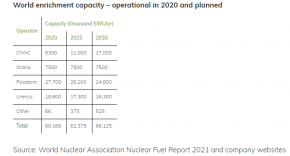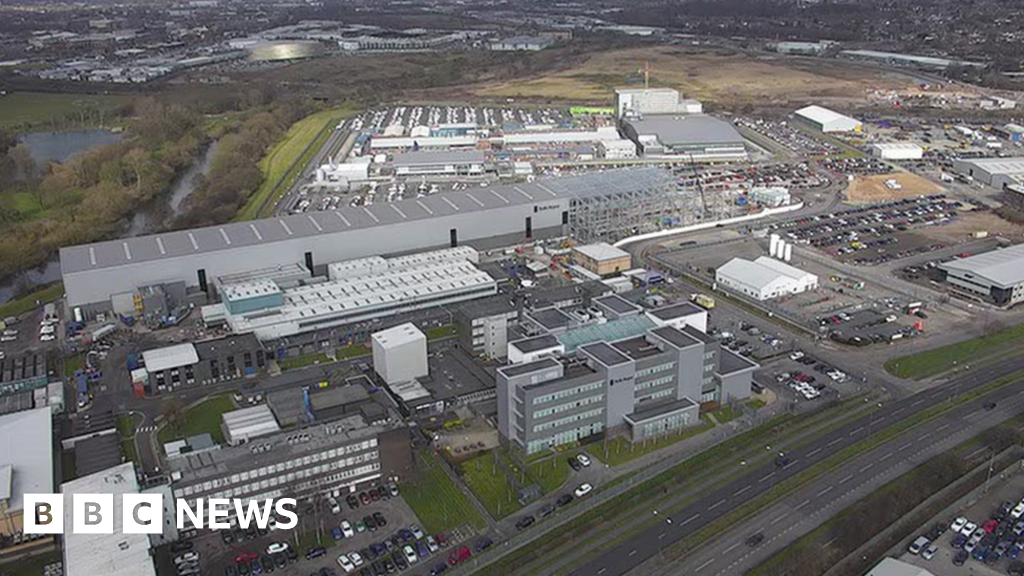Costs aren't really known. Decommissioning goes on for a long time. So costs are large because uncertainty is large.Staff availability could well be an issue but cost, maybe not. Money would be for them instead of fuel for GTs. However decommissioning cost would need to be determined from the study with an accurate number. Enough for now, will wait and see if this study provides any useful information (assuming I am still around).

Project to dismantle ex-Royal Navy nuclear submarines inches forward - Navy Lookout
There are currently 21 former Royal Navy nuclear submarines awaiting disposal, 7 in Rosyth and 14 in Devonport. Here we look at the process and the modest progress in efforts to dismantle them. Kicking the can down the road Since the 1960s, nuclear submarines have become arguably amongst the...
The UK is still in the process of building a facility to store stuff from the 1960s based on decisions from the 1950s.

Nuclear Waste Services engages market on £1.5bn contracts for geological disposal facility | New Civil Engineer
In a prior information notice (PIN), NWS said it is notifying suppliers of the two future requirements and is looking to engage with the market to assess
I don't think SMR are ideal for military ships. The ideal reactor for military ships is generally something like a submarine reactor. They are designed for that application already. There is a workforce, there is production capability, they are lower risk in build and operation.
For some drones and listening posts, nuclear RTG might be of interest. There may be a specialized SMR for military purposes.
Uranium Enrichment - World Nuclear Association
Most of the commercial nuclear power reactors in the world today require uranium 'enriched' in the U-235 isotope for their fuel. The commercial process employed for this enrichment involves gaseous uranium hexafluoride in centrifuges.
world-nuclear.org





